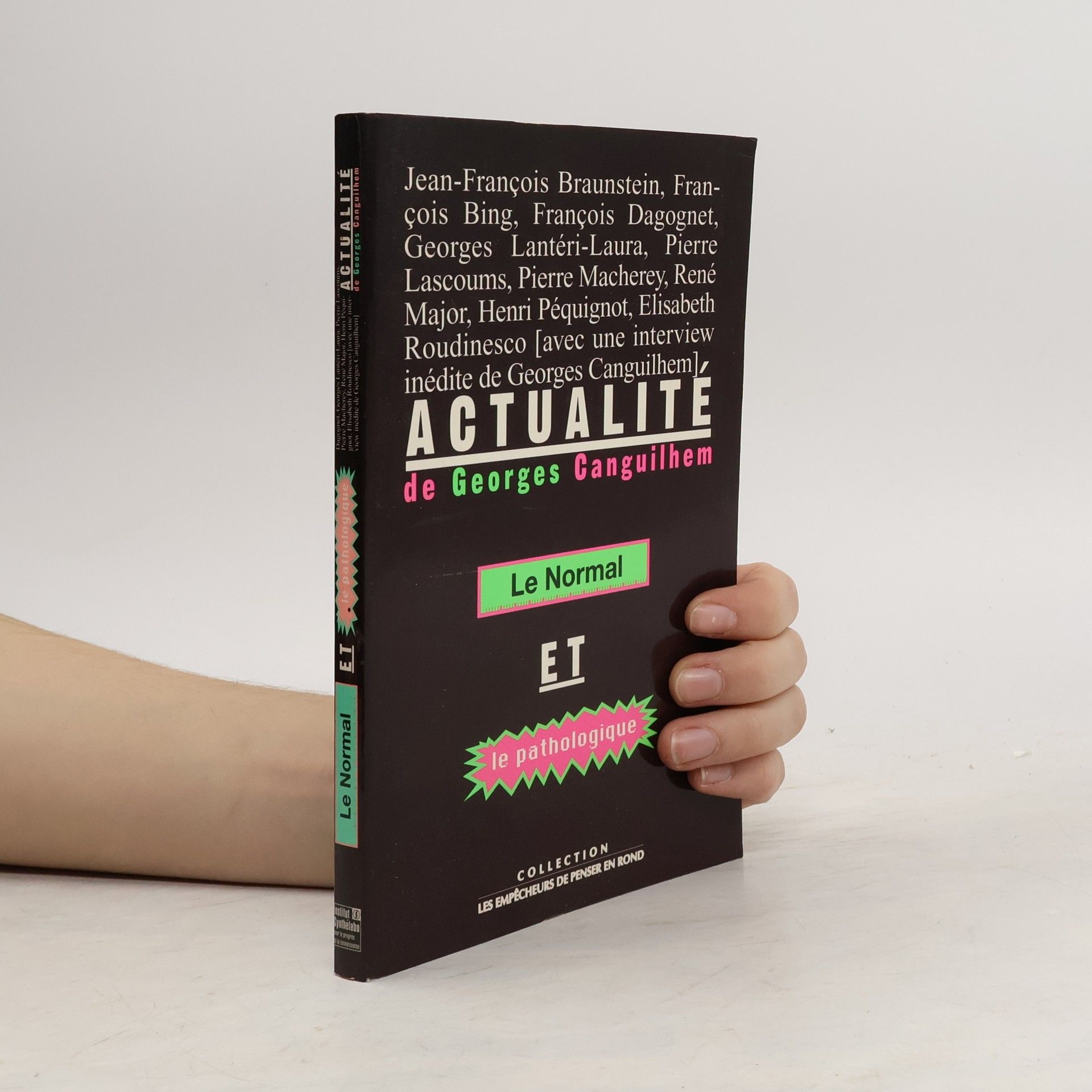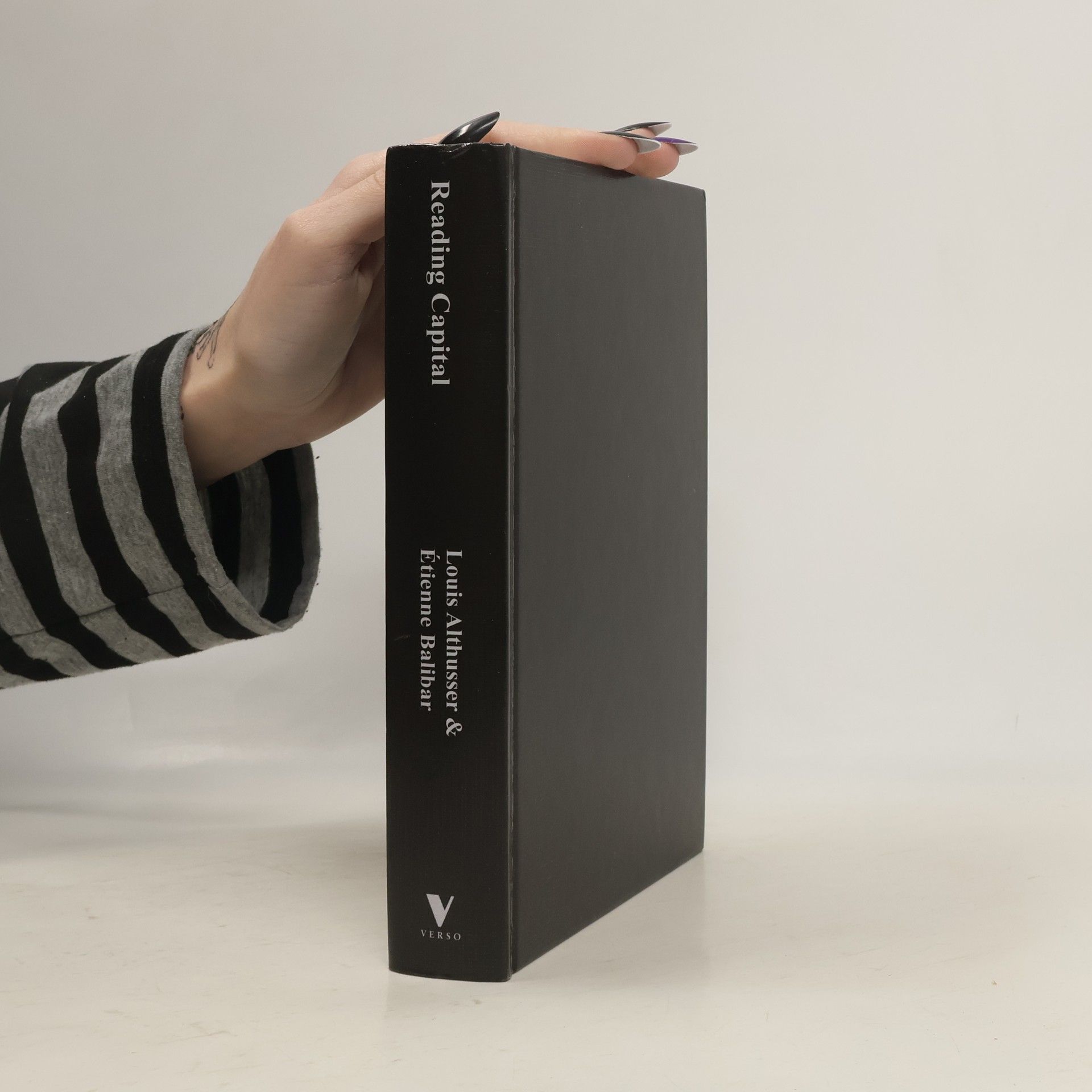Who is more important: the reader, or the writer? Originally published in French in 1966, Pierre Macherey s first and most famous work, A Theory of Literary Production dared to challenge perceived wisdom, and quickly established him as a pivotal figure in literary theory. In this provocative work, Macherey puts the focus as much on the reader as the writer, stating that the very act of reading is a form of production in its own right, generating interpretation and meanings which are beyond the control of the author." Part of the birth of a whole new branch of post-structuralist theory, Macherey's work also influenced a new generation of critics - among them Jacques Derrida, his contemporary, and Terry Eagleton. His ideas have also led some observers to claim that he announced 'the death of the author' fully two years before Roland Barthes' famous essay.The reissue of this work as a Routledge Classic brings some radical ideas to a new audience, and argues persuasively for a totally new way of reading. As such, it is an essential work for anyone interested in the development of literary theory.
Pierre Macherey Libros
Pierre Macherey es un crítico literario marxista francés cuyo trabajo ofrece un análisis profundo de los textos literarios a través de una lente marxista. Figura clave en el desarrollo del postestructuralismo y el marxismo, su enfoque explora cómo las obras literarias reflejan las condiciones socioeconómicas y los mecanismos ideológicos. El rigor teórico de Macherey y su profundo compromiso con la relación entre la literatura y su contexto social han hecho que su obra sea muy influyente, especialmente dentro de la teoría literaria europea.



A classic work of Marxist analysis, available unabridged for the first time Originally published in 1965, Reading Capital is a landmark of French thought and radical theory, which sought to reconstruct Western Marxism from its foundations. Previously only available in English in a highly abridged form, this 50th anniversary edition restores original chapters by Roger Establet, Pierre Macherey and Jacques Rancière, accompanied by a major new introduction by Etienne Balibar on the book's continued impact. France's greatest philosophers scrutinize many of the most fundamental points in Marx's iconic text to reveal its philosophical core. From the Trade Paperback edition.
Le normal et le pathologique constitue l’œuvre maîtresse de Georges Canguilhem : réflexion sur la vie et la mort ; valorisation du statut de l’erreur et de la rationalité dans l’histoire des sciences ; insistance sur les notions de continuité et de rupture, de norme ou d’anomalie ; mise à jour, dans le champ de la médecine, des relations entre expérimentation et conceptualisation. Cet reprend les communications que la Société Internationale d’Histoire de la psychiatrie et de la Psychanalyse [SIHPP] avait consacrées au 50e anniversaire du livre de Canguilhem.